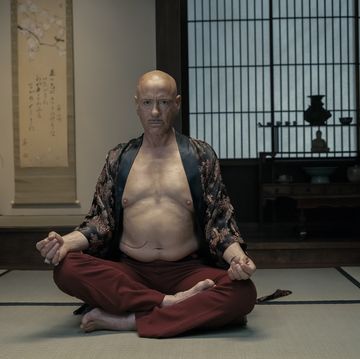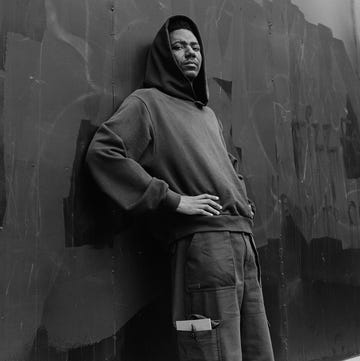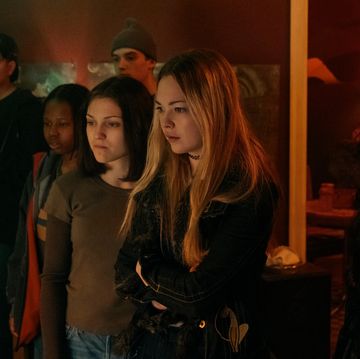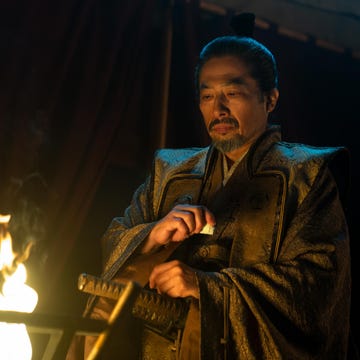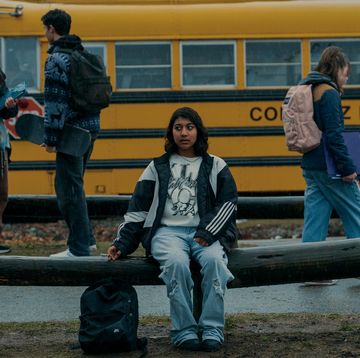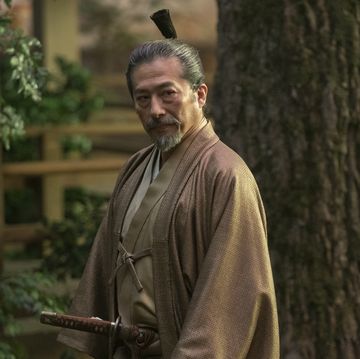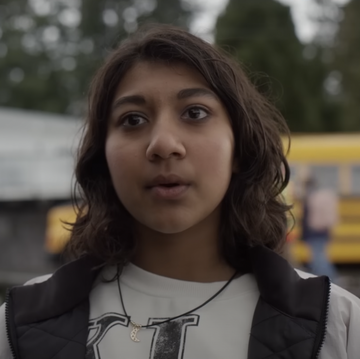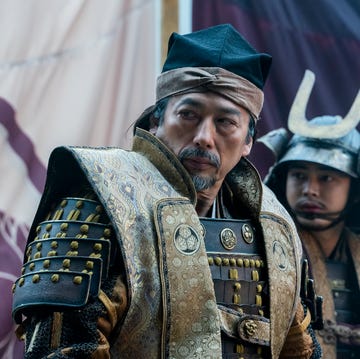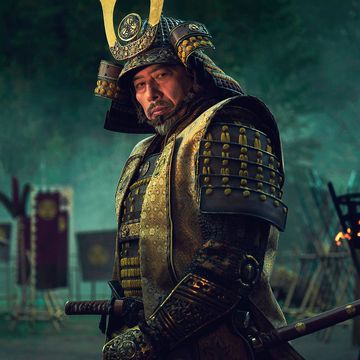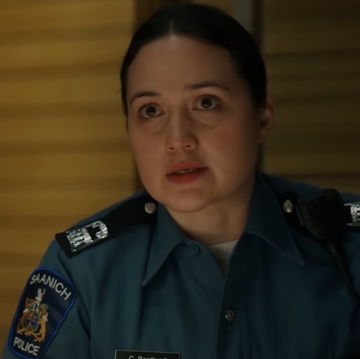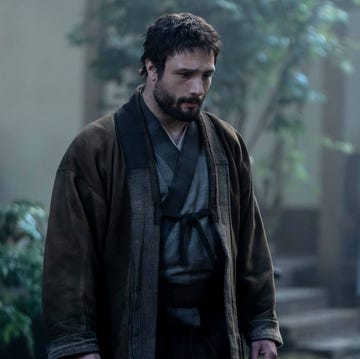Mild spoilers for the third season below.
As I write this, another American government shutdown looms. In the past decade or so, shutdowns have become, if not exactly normal, then far from unexpected. This time, the Department of Homeland Security might shutter temporarily. Meanwhile an article in The New York Times has revealed that it is perfectly legal in the United States for people on terrorist watch lists to purchase guns. Such is the power of the gun lobby, and so pure is their ideology of unrestricted access to firearms that governments have been unwilling to keep high-power weapons out of the hands of men and women who are national security threats. So this week has provided prime examples of American suicide-by-politics, an unfortunate week for the third season of House of Cards to come out on Netflix. What satire, what vision of Washington in crisis, could possibly compete with the reality?
In the American version of House of Cards (it's based on a UK series), there has always been a contradiction: The closer Frank Underwood gets to real power, the less interesting the show is. And now in season three, released on Netflix today, with Underwood as president, the show has not just jumped the proverbial/cliché shark. It has lost its reason for being and it verges on the unwatchable. I believe that most of its viewers are inertial by this point—we're watching because we remember how much we used to like it.
The problem is not accidental, but integral to the show. In the original British context of House of Cards, the parliamentary system made a Machiavellian leader with a psychopathic edge truly dramatic. But power in Washington is vastly more diffuse than it is in London. The U.S. president only controls one branch of the system and must be in constant negotiations and compromises with others—or, as in the current case, total stalemate. Underwood's life getting to power was a hell of a ride; now that's he president, it's just one boring inconclusive meeting after another. This parallels real life: American democracy is exciting in its insurgency; the actual business of governing is a despair-filled, often pointless grind.
To maintain any narrative tension at all, House of Cards provides a series of small struggles: Underwood's low approval ratings, his plans for a big jobs bill that will slash entitlements, trying to get Claire appointed ambassador to the United Nations. The show devolves in later episodes to set pieces that don't make any sense. There is an episode with a fictionalized version of the Russian leader Vladimir Putin, which was obviously put in just to have the members of Pussy Riot in the show.
But, ironically, it's the optimism of the show that makes it so utterly ridiculous. At one point, Underwood gives a rousing speech against compromising with Congress. "I don't want a version. I want a vision," he says. Who in 2015 can believe that a sitting president would say something so childish? The third season of House of Cards makes The West Wing look like gritty docudrama. Attorney General Eric Holder has claimed that the show is the most accurate of all the political shows currently on television, but that's more a depressing testament to the fantastic nature of what other television shows provide. Like The West Wing, House of Cards feeds on a fantasy of political hope.
Obama himself put it best when asked for his opinion of the show:
"Man, this guy is getting a lot of stuff done," Obama said. "I wish things were that ruthlessly efficient."
I can't really tell whether House of Cards has failed American government, or whether American government has failed House of Cards. Yesterday a U.S. senator threw a snowball onto the Senate floor as proof that global warming doesn't exist. I'm not making that up. How could anyone write a takedown of that? The American people can only dream that their halls of state were filled with men who have the brains to kill people and get away with it.


